bianet interviewed economist Ali Bilge on the election of Recep Tayyip Erdoğan as Turkey’s 12th President and its possible implications in the country.
Reminding Erdoğan’s statements on his willingness to enlarge presidential duties according to the Constitution, Bilge claimed that Erdoğan’s insistence on being the head of “executive power” will create tensions on institutional level in a country where separation of powers principle is already fragile. This institutional conflict, according to Bilge, will inevitably bring social and economic instability.
Some of the highlights from Bilge’s interview is as follows:
* Departing from what happened after March 30 elections, Turkey will face huge administrational crisis in the next term. Because Erdoğan mentioned several times that he would use his presidential duties as broad as the Constitution would allow him and even suggest a presidential regime.
* Turkey’s parliamentary system awaits for a president above all parties. However, Erdoğan wishes to resume as the head of execution - which is a signal for political crisis. Turkey’s separation of powers principal is already fragile with legislation and justice under [government] control. Erdoğan’s new desire will only worse the tensions between institutions. This will be followed by instability.
* Erdoğan will urge for constitutional change for the presidential system. For this, he will urge his own party in the parliament. However, AKP doesn’t have the power to do this right now.
Crisis in AKP
* Erdoğan’s calculations will probably not work out. Erdoğan wants to rule his party even if he is the president now. However, Turkey’s political history showed that previous party leaders who become the president have hard time ruling their parties in Turkey. This will also lead to crisis in AKP.
* We have experienced an election term with many bans. Erdoğan got elected with a huge burden in his back. He got elected along with the corruption probe and hostages in Mosul. He didn’t get himself clear out of these. He also gained a huge immunity now. However, Turkey’s relations with ISIS and Al Qaeda is problematic for the west. Turkey might even face international tribunals for ISIS. Erdoğan, on the other hand, became a president with all his manipulation along with his burden. The next term will be hard for Erdoğan.
* In the previous elections, AKP was promising the passport of heaven with all the EU membership, democratization, facing deep state and military coups and social state principle. This is no longer possible. Especially political crisis is inviting an economic instability.
* This situation already caused unrest among AKP officials. Following March 30 Elections, AKP’s founders and some other non-Gulen Movement-affiliated seniors have mentioned this already. Erdoğan is at odds with its former officials as well as Turkey’s Central Bank. The underwater stream has yet to come into the surface.
“Unreliable” Turkey in foreign policy
* Erdoğan is not in a position to hail the world in terms of foreign policy. Turkey’s relations with Egypt, Saudi Arabia and Iran are not good. Its regional policy has already failed. Turkey is at odds with the U.S. and EU on ISIS and Syria as well. It has issued with the west in terms of Israel. There are unlawful legislations after Gezi Resistance and Corruption Probe. In a way, Erdoğan doesn’t trust anyone. However, Turkey is a strong country with a G-20 membership. In 2008, they used to say American banks were so strong that they would never “submerge”. Now it is similar with Turkey’s political situation. You have Ukraine in the north, Syria in the south. The west doesn’t want to see unrest in Turkey. Therefore, relations resume on a minimum basis. But Turkey is no longer a role model. (EA/BM)
* Click here to read the article in Turkish.





.JPG)
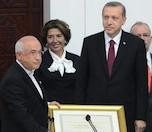
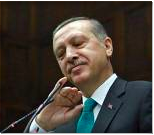
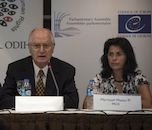
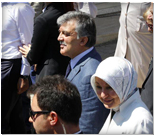
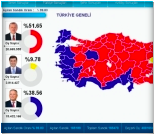

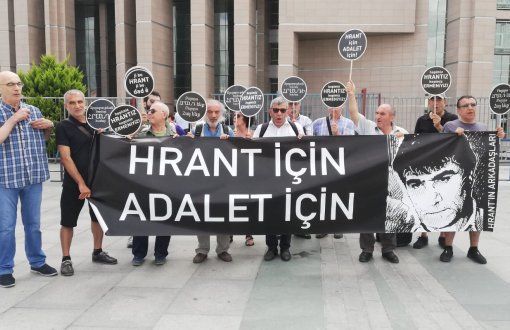


.jpg)
.jpg)